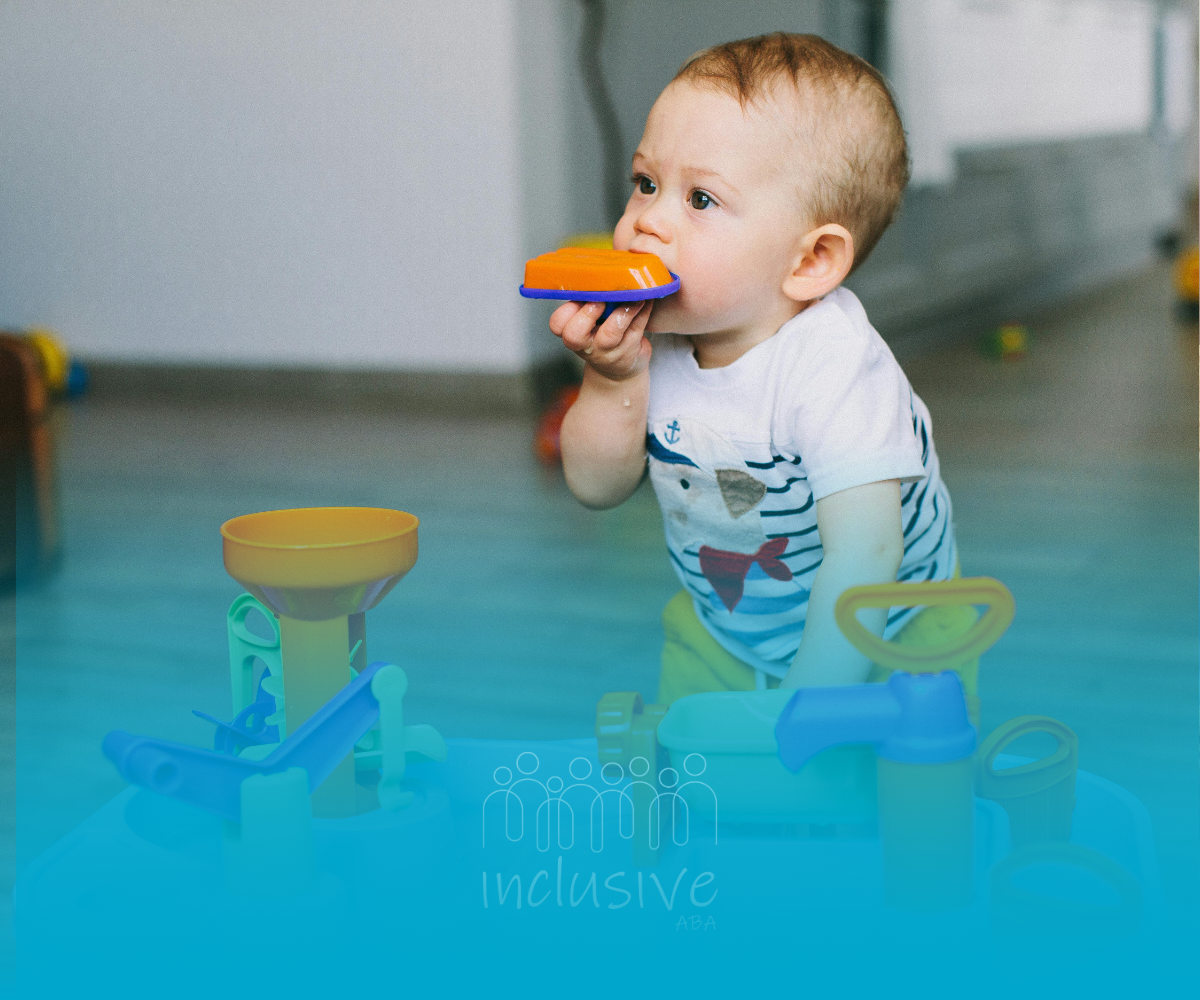The Autism Diet Guide Parents Need to Know
At Inclusive ABA, we have worked with numerous families who have explored dietary changes to support their child's development. One memorable case was 6-year-old Jake. His parents came to us concerned about his severe food aversions and digestive issues. Mealtimes were a battle, and he often refused anything but chicken nuggets and crackers.
After working with our team to introduce new textures and nutrient-dense foods, his energy levels improved, his digestion became more regular, and he even began trying new foods without distress.
Another parent, Lisa, was struggling with her son Oliver’s frequent meltdowns. After eliminating artificial food dyes and high-sugar snacks, she noticed a drastic reduction in his hyperactivity and mood swings. While diet alone isn’t a cure for autism, many parents have found that the right nutritional strategies can make a meaningful difference.
The Link Between Autism and Nutrition
Children with autism often have unique nutritional challenges. These may include:
1. Gastrointestinal Issues
Many children with autism experience digestive problems such as constipation, diarrhea, bloating, and reflux. Research suggests that gut health plays a role in overall well-being, and imbalances in gut bacteria may contribute to some autism-related symptoms. A diet rich in fiber, probiotics, and hydration can help alleviate these issues.
2. Sensory and Selective Eating
Food selectivity is common among children with autism. They may reject certain textures, colors, or smells, leading to a limited diet. This can result in nutrient deficiencies and increased stress during mealtimes.
3. Food Allergies and Sensitivities
Some children with autism may have food intolerances or sensitivities, particularly to dairy, gluten, artificial additives, and preservatives. Identifying and eliminating problematic foods can help improve digestion and behavior.
Popular Dietary Approaches for Autism
1. Gluten-Free, Casein-Free (GFCF) Diet
The GFCF diet eliminates gluten (found in wheat, barley, and rye) and casein (found in dairy products). Some parents report improvements in language, focus, and digestion after implementing this diet, although scientific evidence remains inconclusive.
2. Feingold Diet (Eliminating Artificial Additives)
This diet removes artificial colors, flavors, preservatives, and sweeteners, which are believed to contribute to hyperactivity and behavioral issues.
3. Specific Carbohydrate Diet (SCD)
The SCD focuses on eliminating complex carbohydrates that may contribute to gut inflammation. It emphasizes simple, easily digestible foods such as fruits, vegetables, meats, and nuts.
4. Mediterranean Diet
Rich in healthy fats, lean proteins, and antioxidants, the Mediterranean diet may support brain health and reduce inflammation.
5. Ketogenic Diet
Some research suggests that a high-fat, low-carbohydrate ketogenic diet may help reduce certain autism-related symptoms by promoting brain function and stabilizing energy levels.
Key Nutrients for Children with Autism
Ensuring that children receive the right nutrients is essential for their growth and development. Important nutrients include:
1. Omega-3 Fatty Acids
Found in fish, flaxseeds, and walnuts, omega-3s support brain function and may help improve focus and behavior.
2. Probiotics and Prebiotics
A healthy gut microbiome is crucial for digestion and immune function. Fermented foods, yogurt, and fiber-rich foods can support gut health.
3. Vitamin B6 and Magnesium
These nutrients support neurological function and may help reduce irritability and hyperactivity.
4. Zinc and Iron
Deficiencies in zinc and iron are common in children with autism and may contribute to picky eating and behavioral challenges.
5. Protein and Healthy Fats
Essential for brain development, proteins and fats from sources like eggs, nuts, and avocados can support cognitive function.
Practical Meal Planning Tips
Gradual Food Introductions
Instead of forcing new foods, introduce them slowly alongside familiar favorites.
Make Food Fun
Use cookie cutters, colorful plates, and playful presentations to make mealtime more engaging.
Establish a Routine
Consistent meal schedules help reduce anxiety around eating.
Involve Your Child in Cooking
Letting children participate in meal prep can increase their willingness to try new foods.
Consider Supplements if Necessary
If nutrient deficiencies persist, consult a healthcare professional about appropriate supplements.
Debunking Common Myths About Autism and Diet
“A Special Diet Can Cure Autism”
While nutrition plays a crucial role in overall well-being, autism is a neurological condition that cannot be “cured” through diet alone.
“All Kids with Autism Should Avoid Gluten and Dairy”
The GFCF diet works for some children, but not all. Dietary changes should be tailored to individual needs.
“Supplements Are Always Necessary”
While some children may benefit from supplementation, whole foods should be the primary source of nutrients.
Conclusion
A well-balanced diet can play a supportive role in managing autism-related challenges. While no single diet works for every child, understanding nutritional needs and experimenting with dietary approaches can lead to improvements in digestion, behavior, and overall health.
At Inclusive ABA, we understand the importance of a holistic approach to autism care. Our ABA therapy services provide individualized strategies to help children develop essential skills, including mealtime behaviors and flexibility with food. If you're looking for professional support tailored to your child’s unique needs, reach out to Inclusive ABA today!
FAQs
What foods should children with autism avoid?
Highly processed foods, artificial additives, excessive sugar, and known allergens should be minimized.
How can I get my child to eat a more balanced diet?
Gradually introduce new foods, maintain a structured routine, and seek support from a dietitian or ABA therapist.
Is there scientific proof that diet can improve autism symptoms?
While some studies suggest that dietary changes can help with gut health and behavior, more research is needed to establish definitive conclusions.
Sources:
- https://www.autismspeaks.org/autism-nutrition
- https://pmc.ncbi.nlm.nih.gov/articles/PMC10608557/
- https://pmc.ncbi.nlm.nih.gov/articles/PMC8146910/
- https://academic.oup.com/nutritionreviews/article/80/5/1237/6382508
- https://pmc.ncbi.nlm.nih.gov/articles/PMC11348102/
*Names mentioned have adjusted for discretion.













